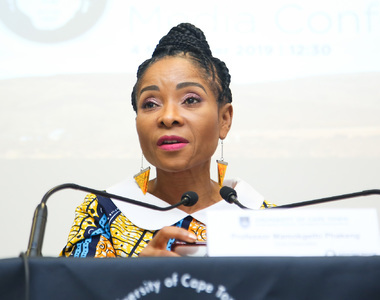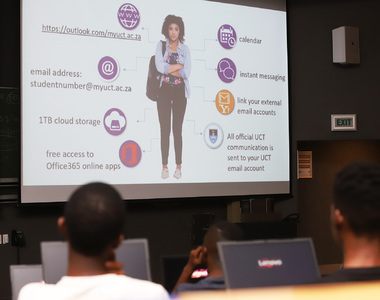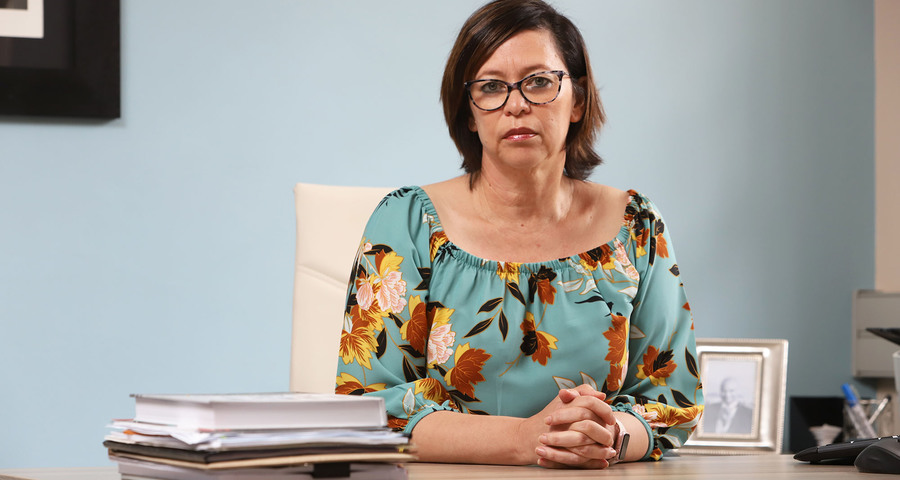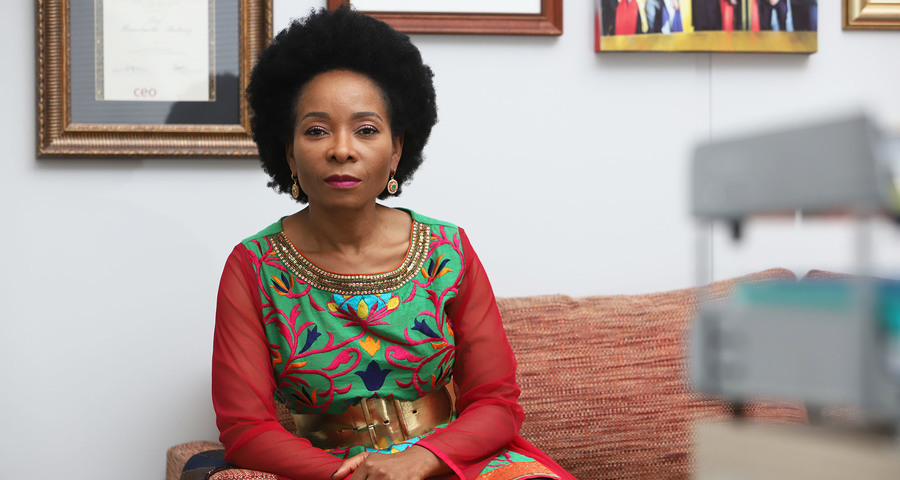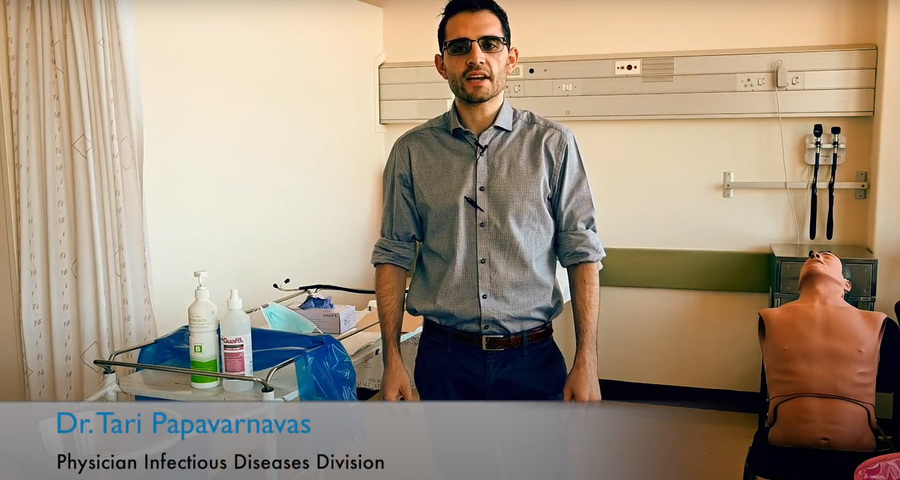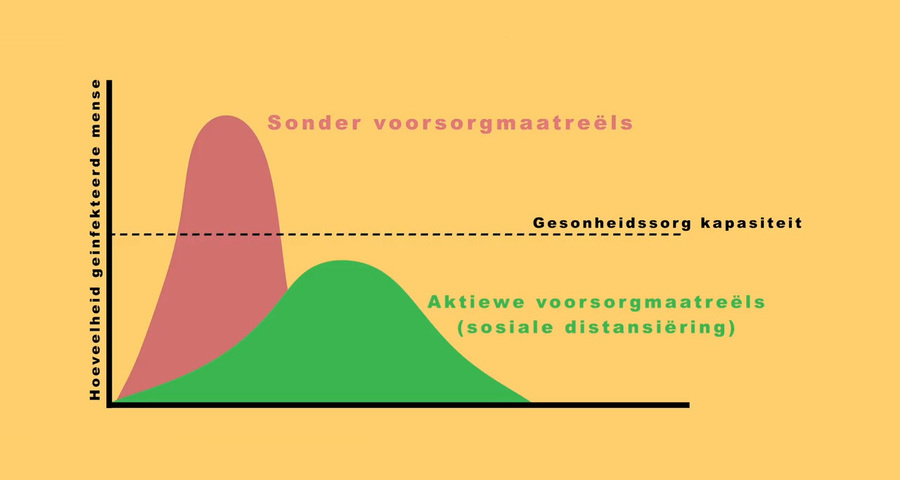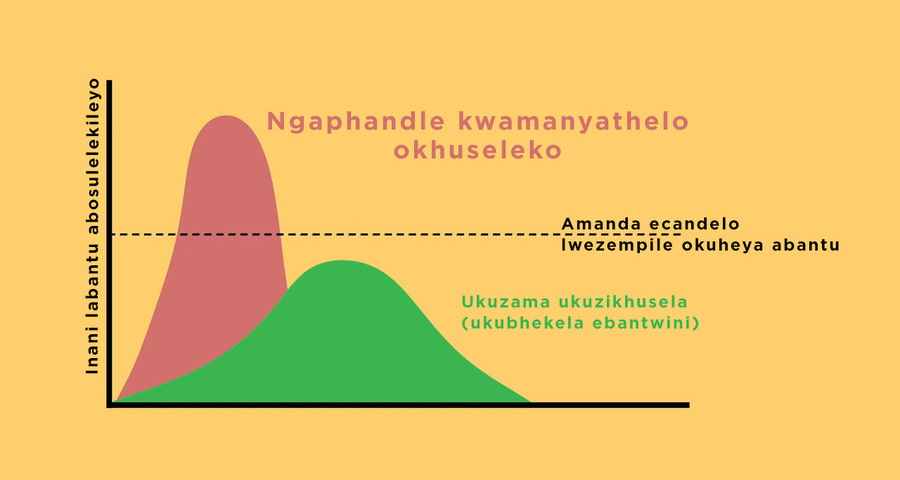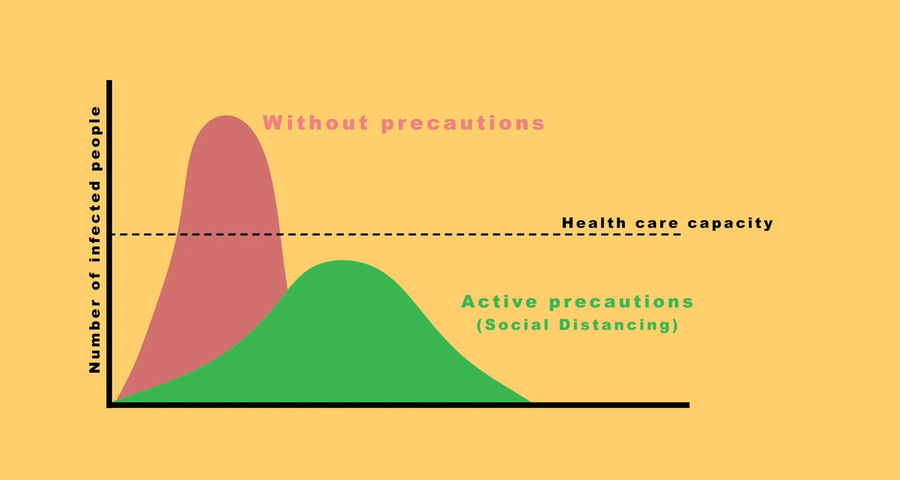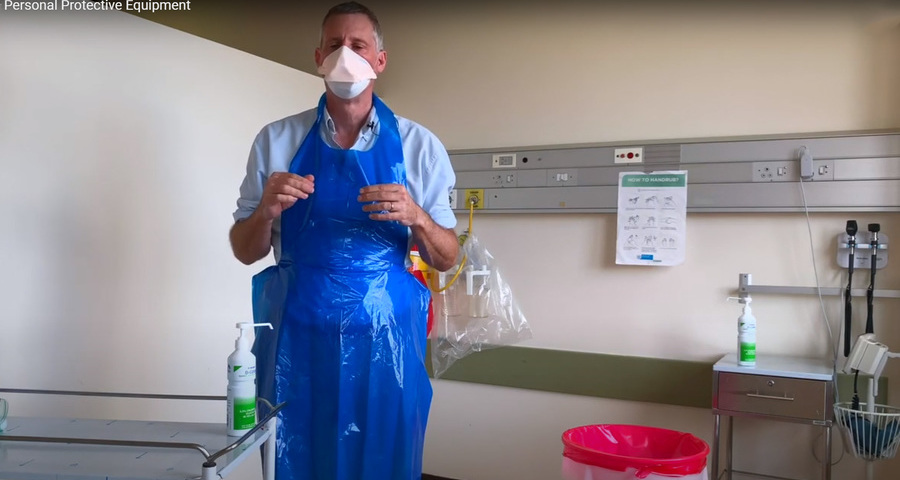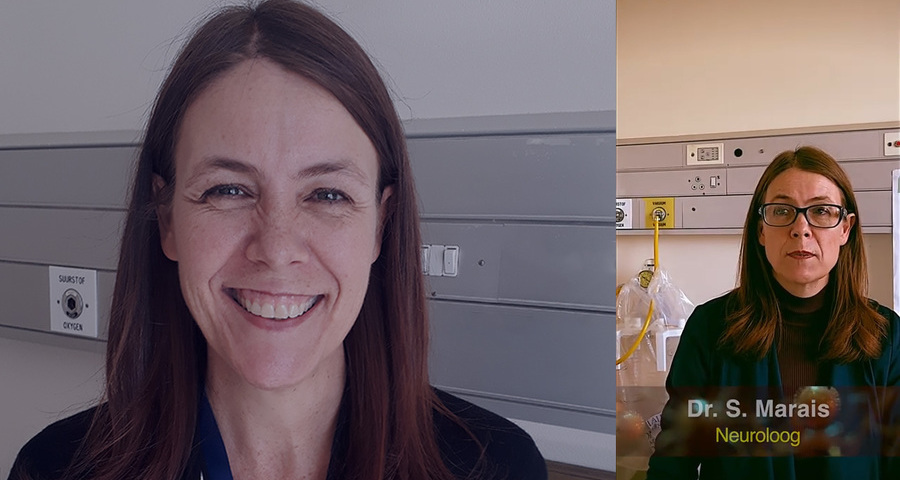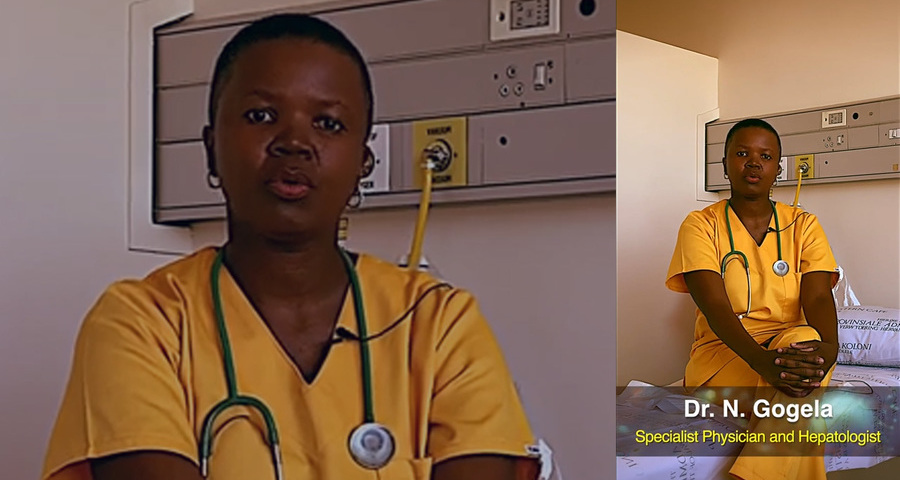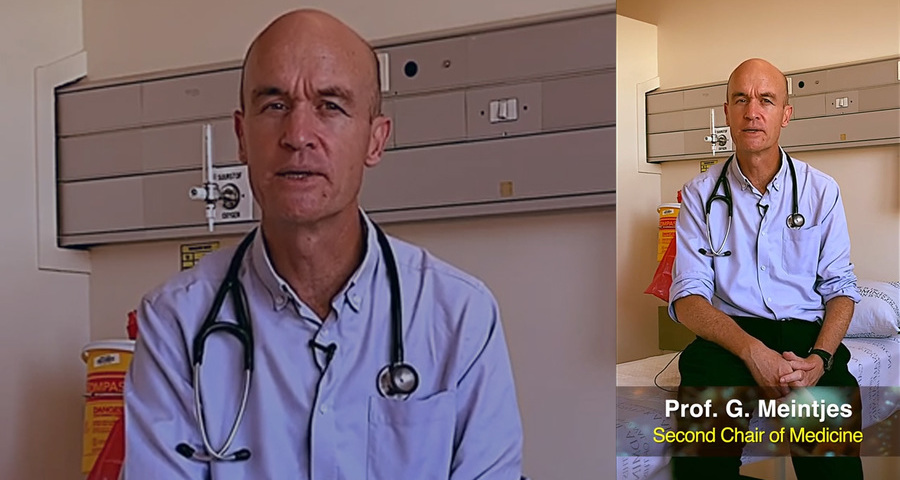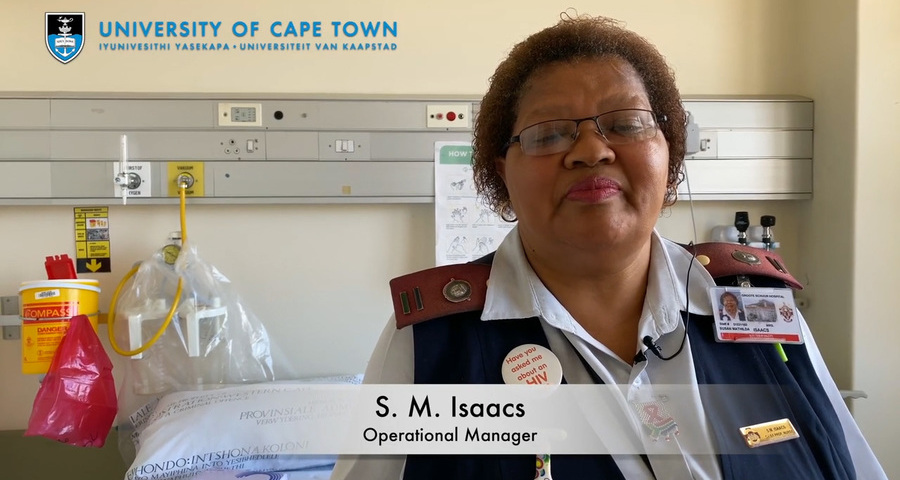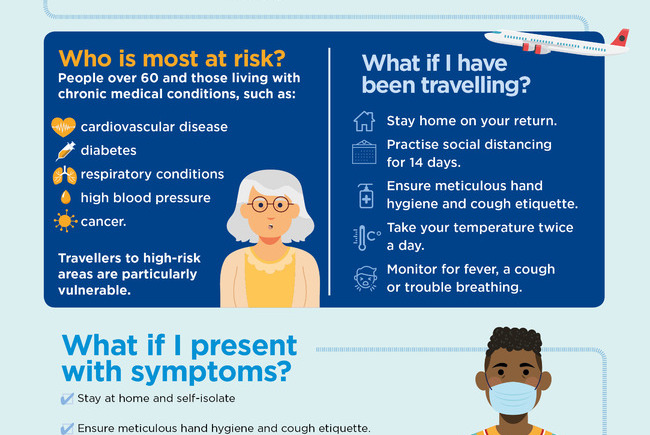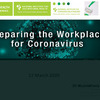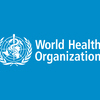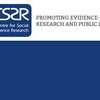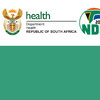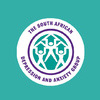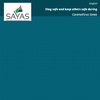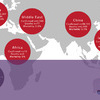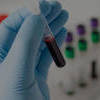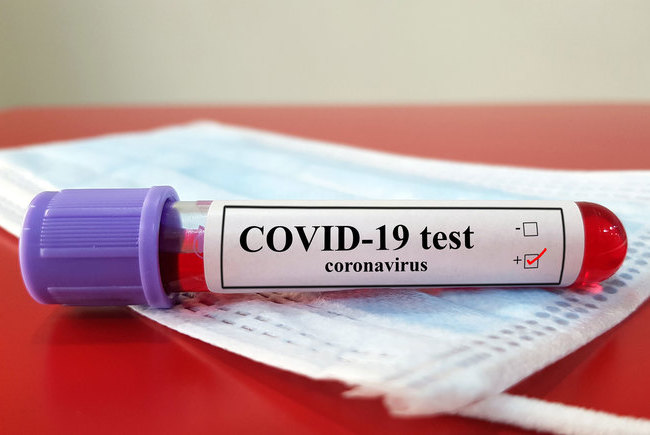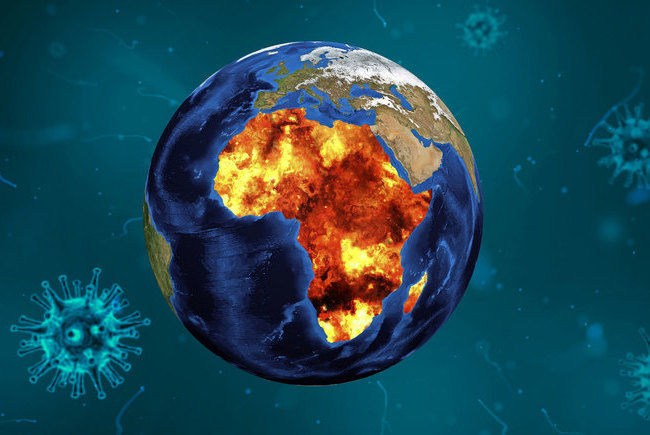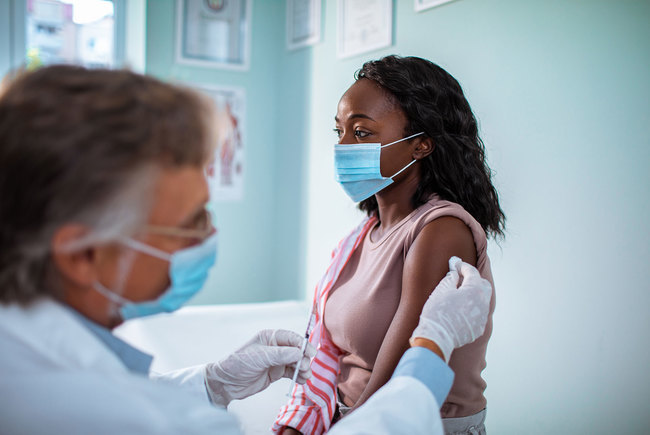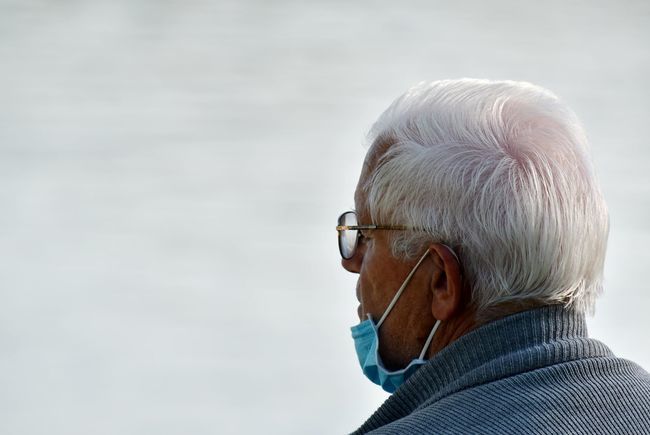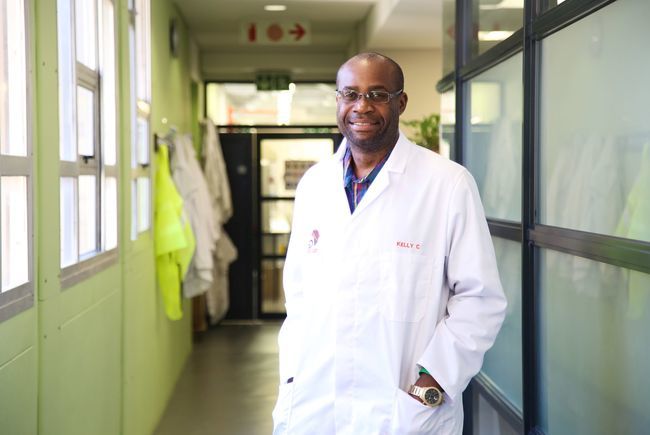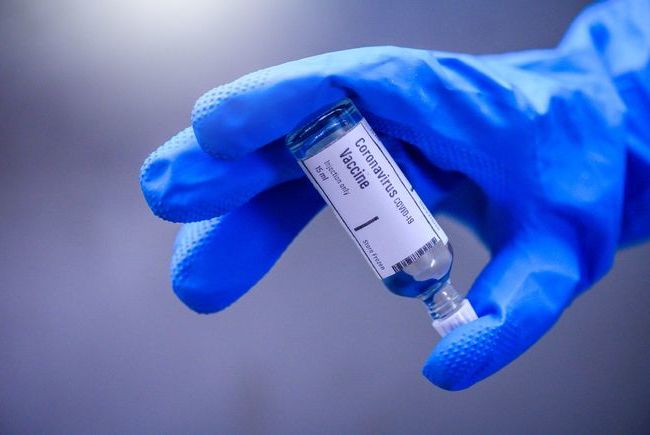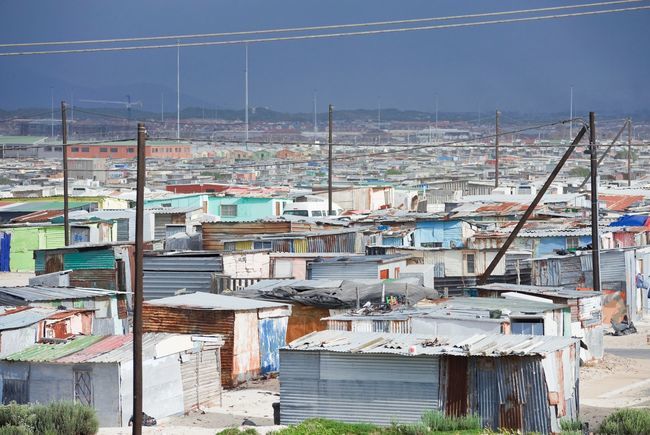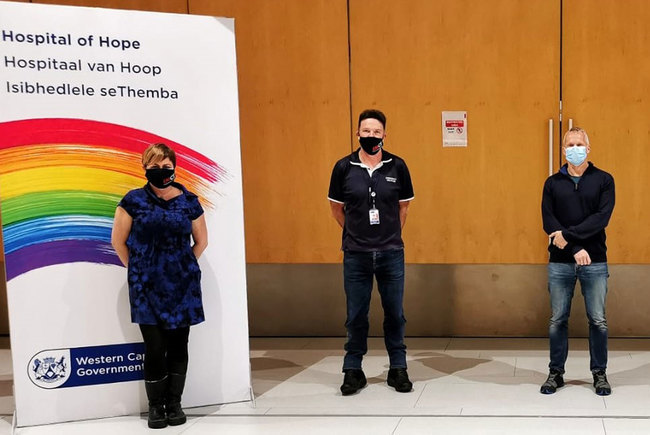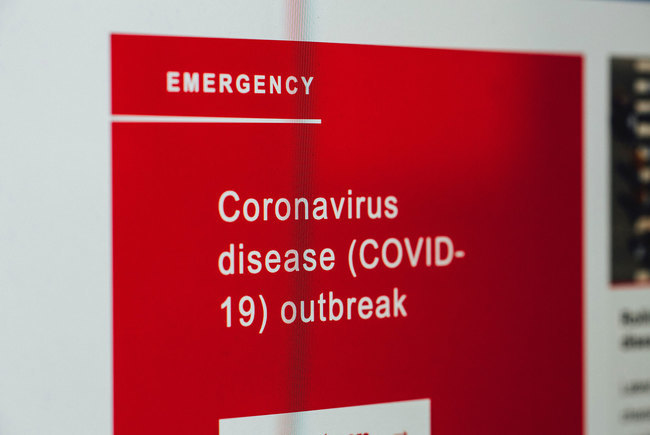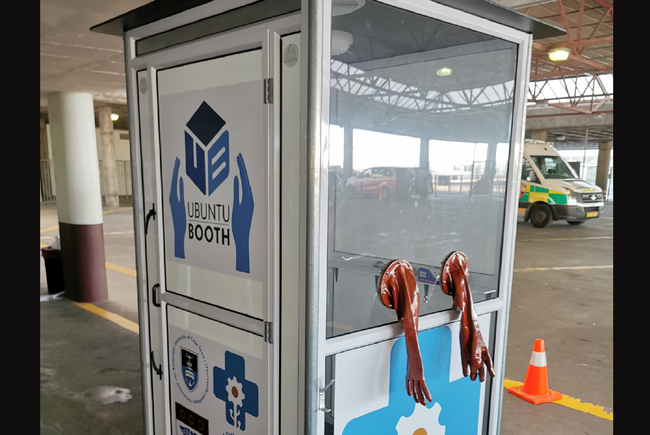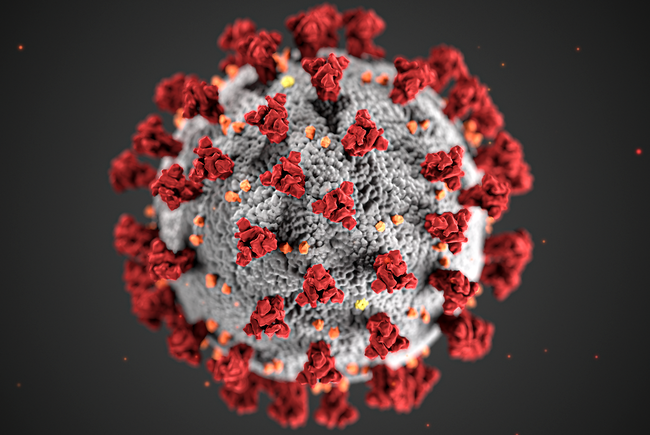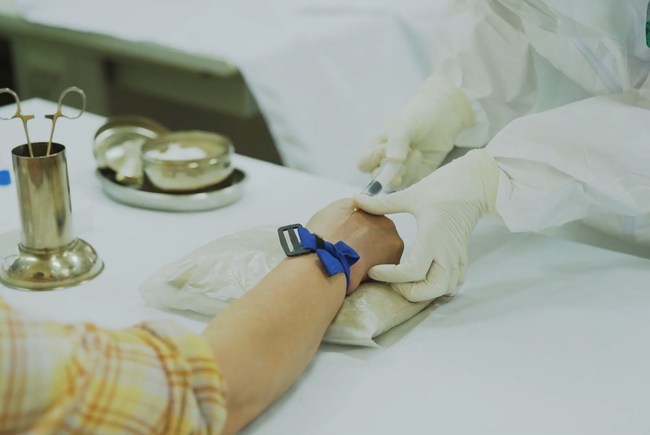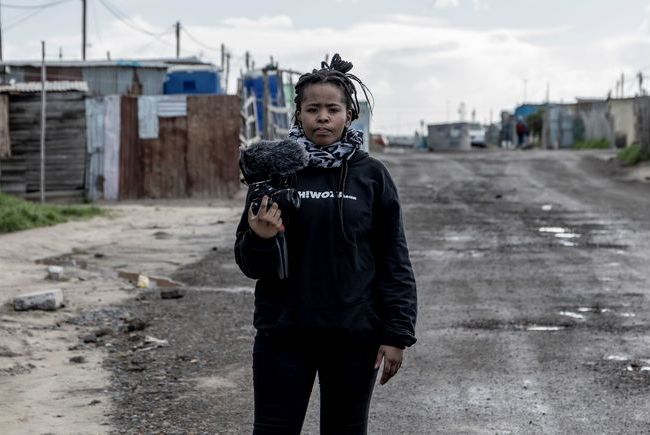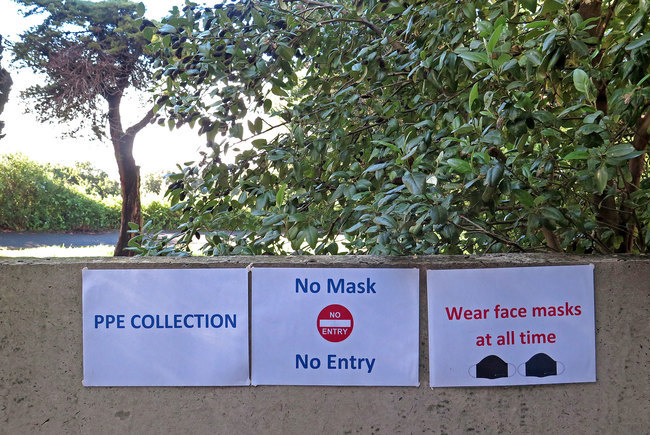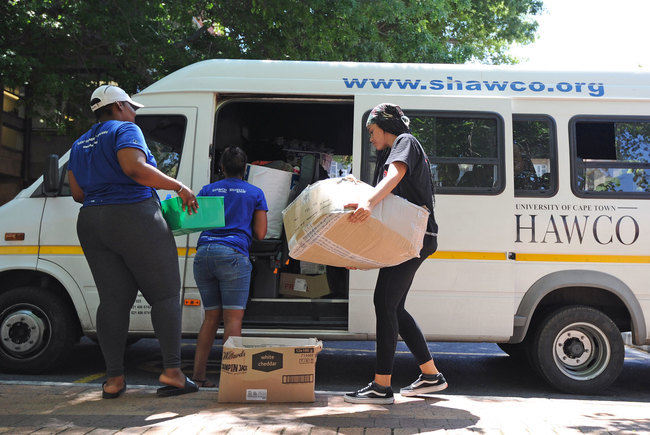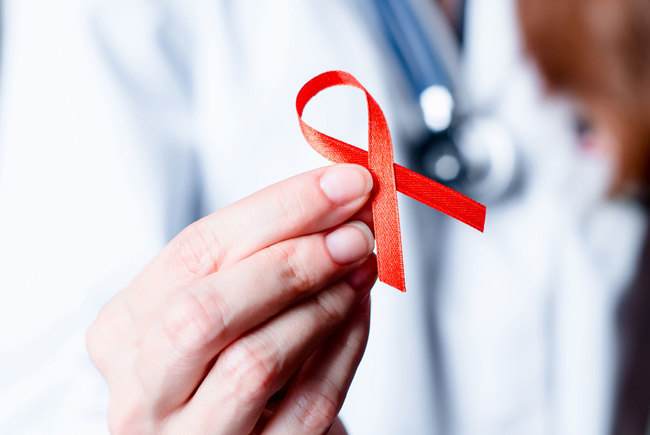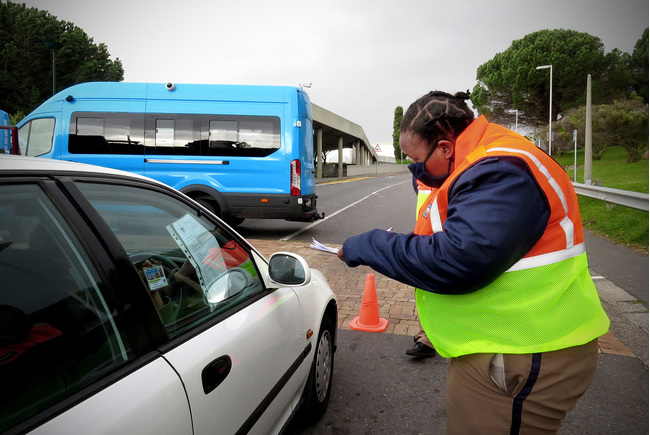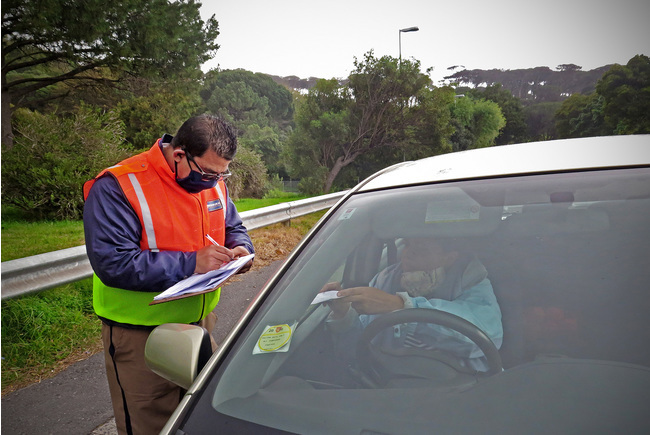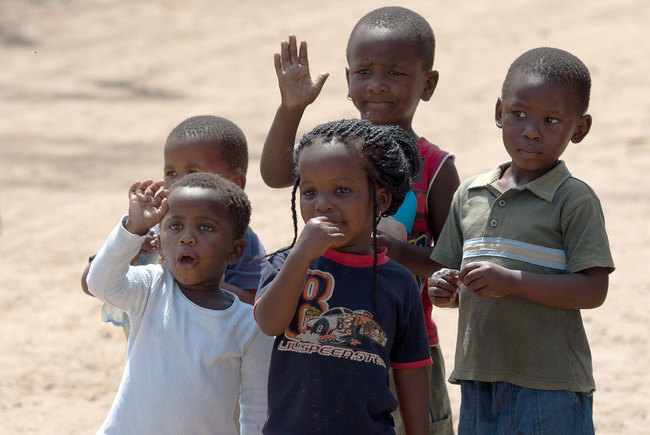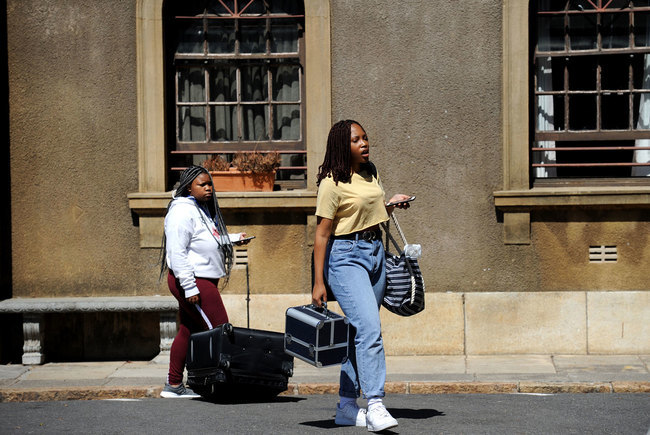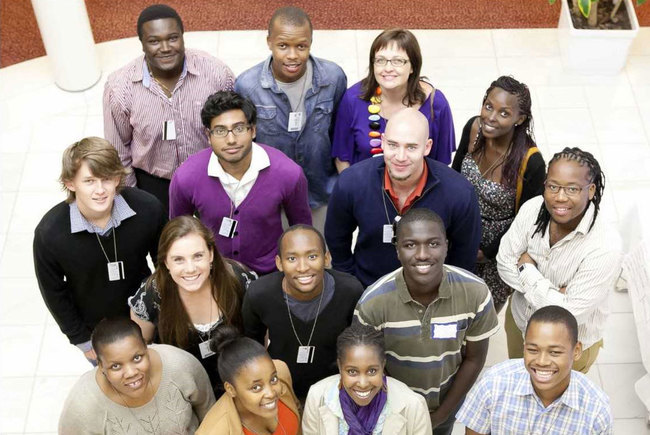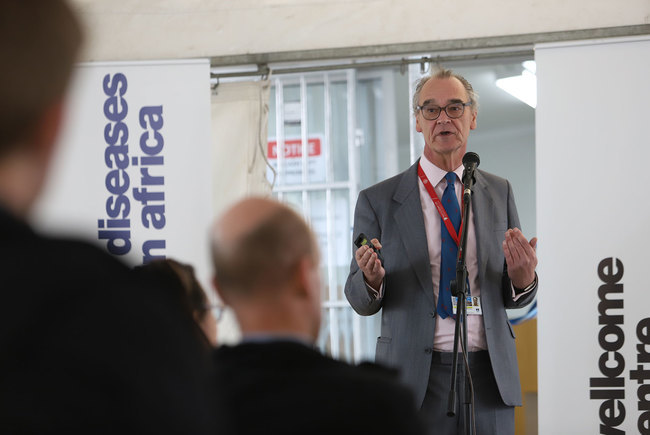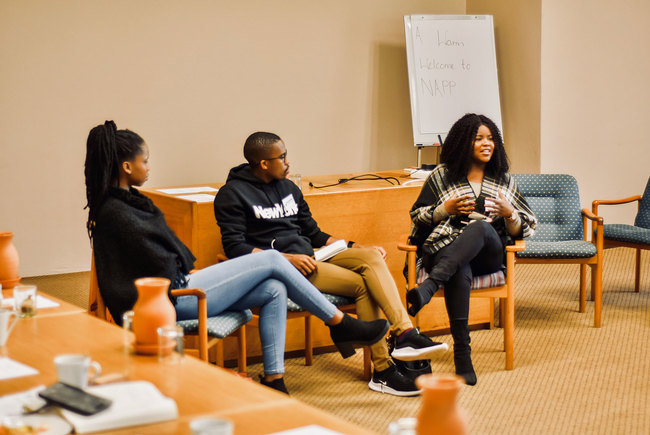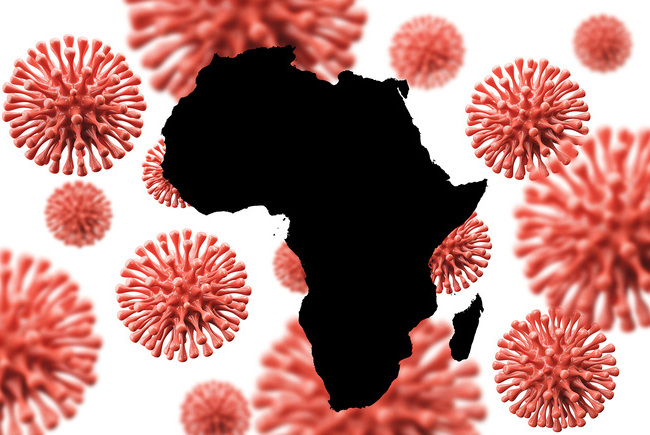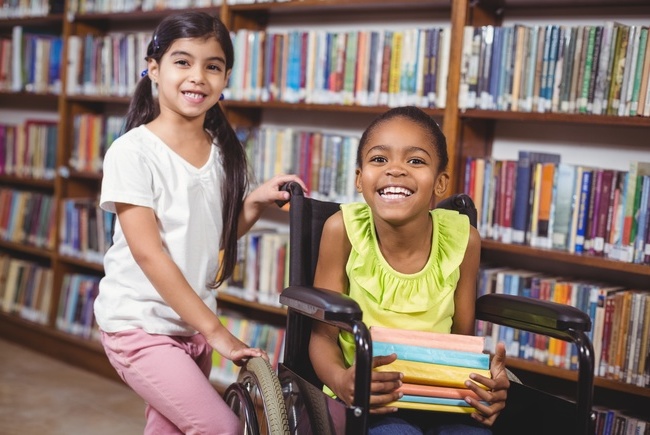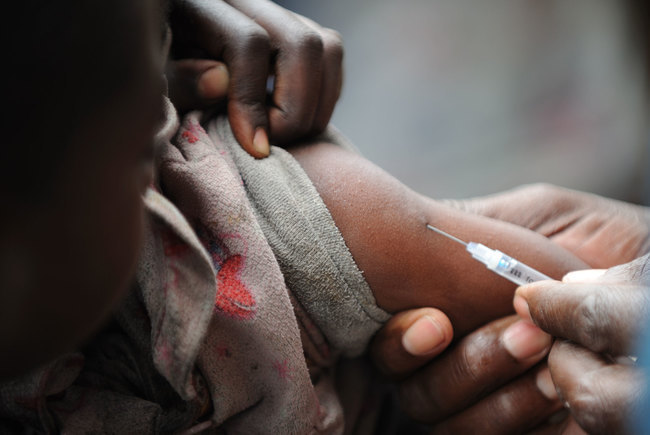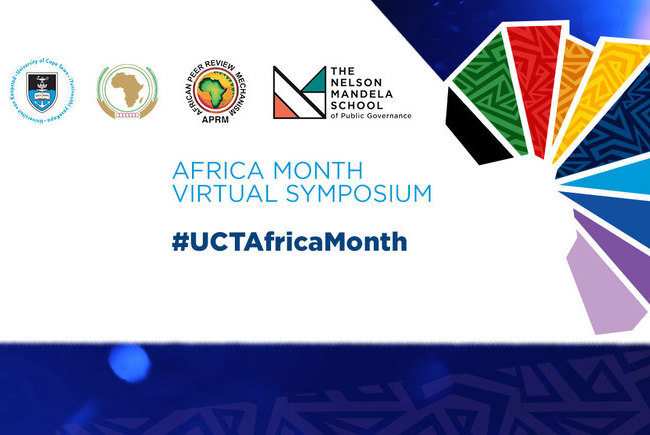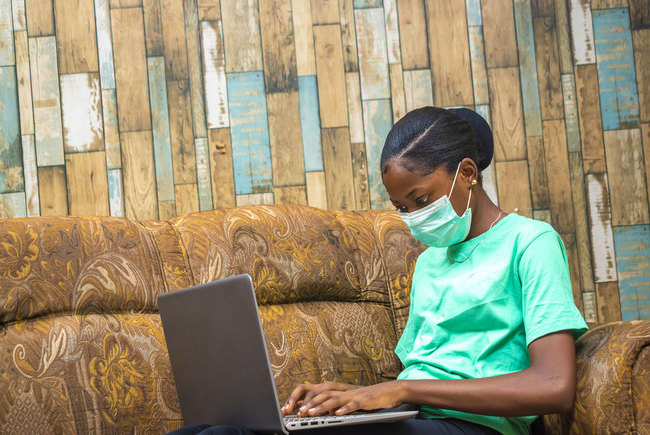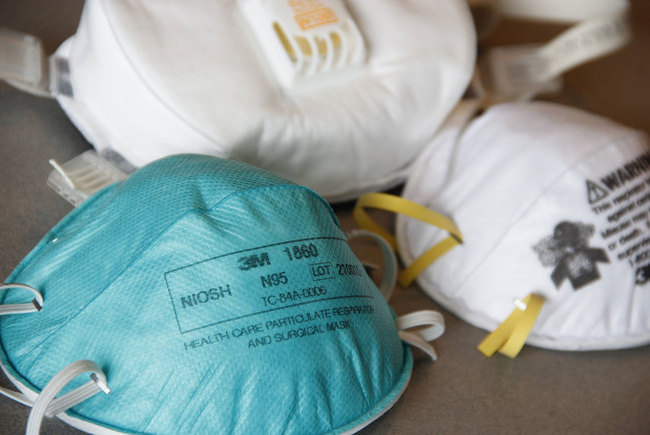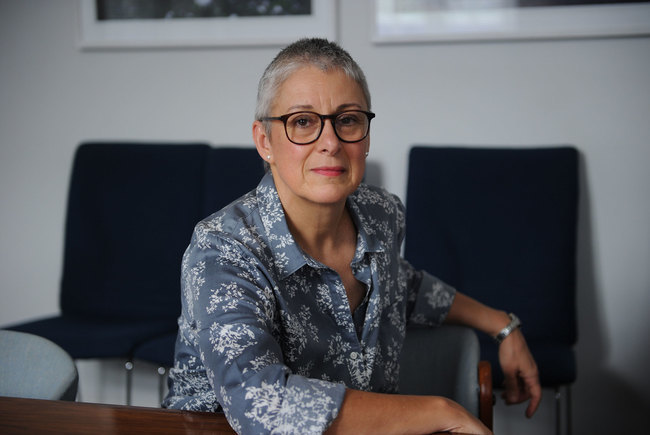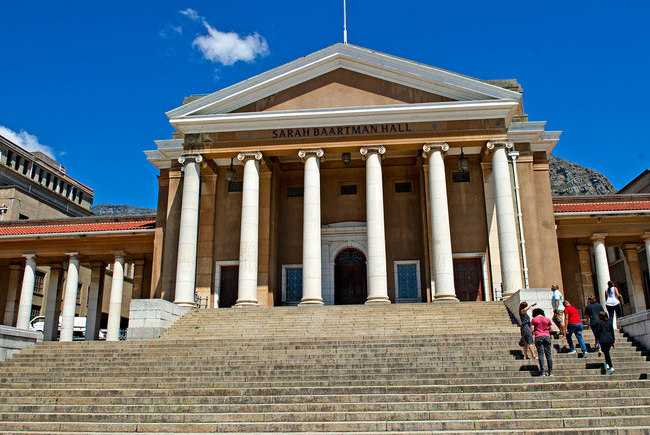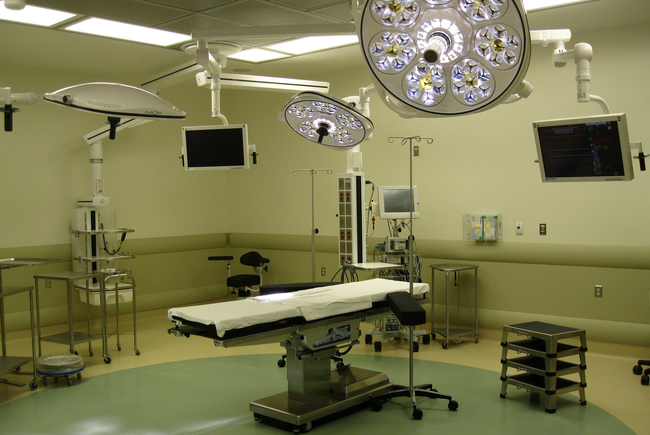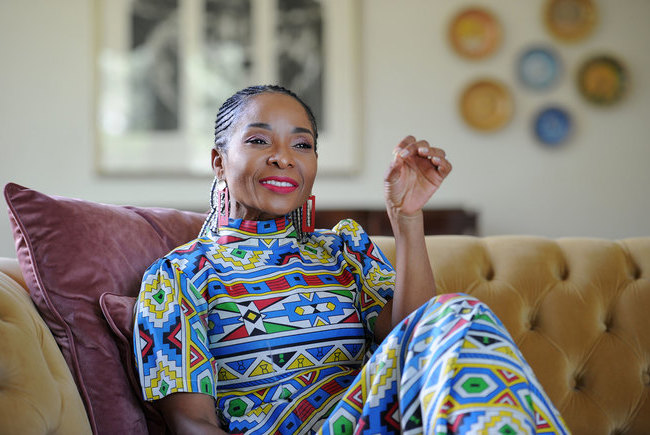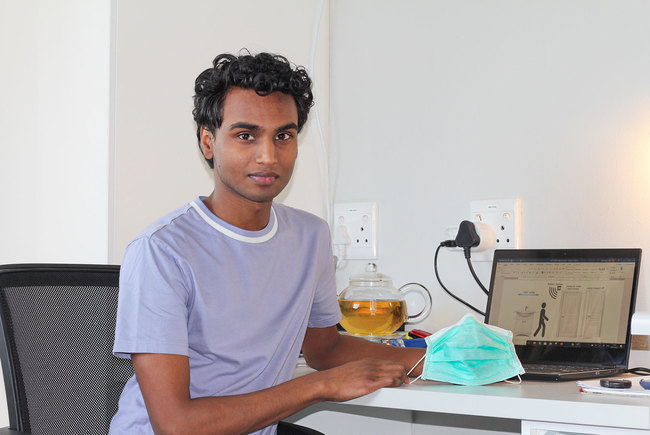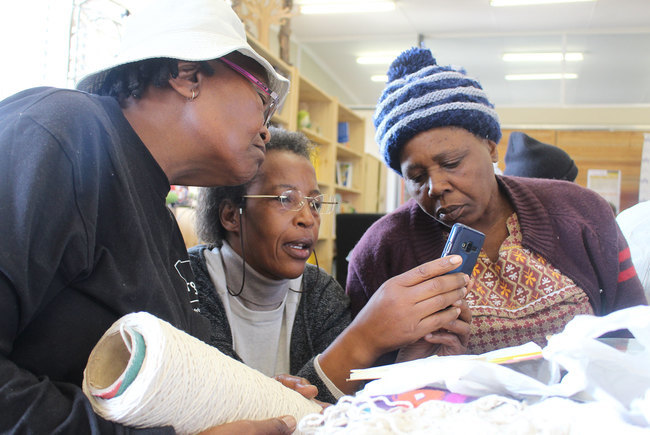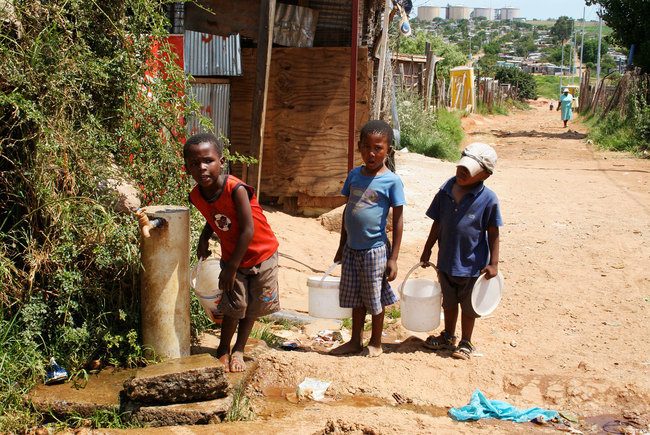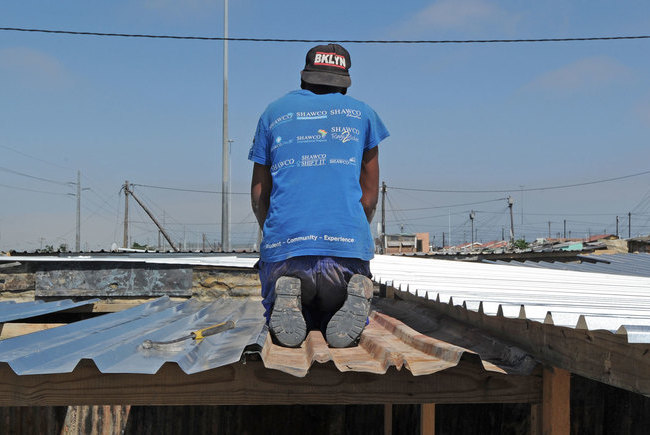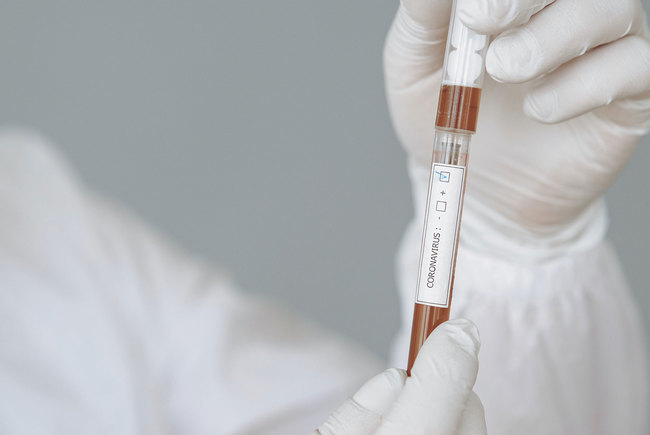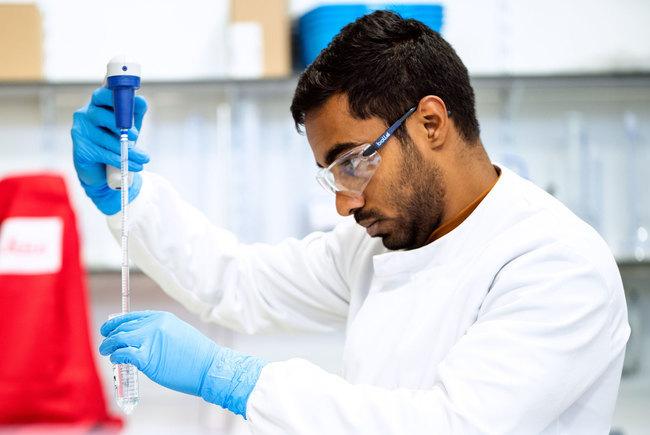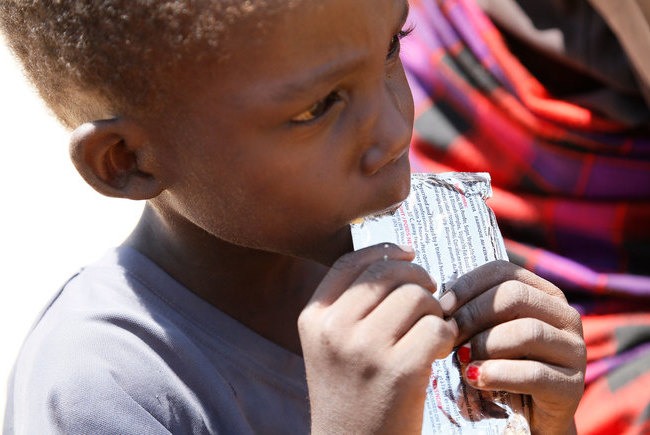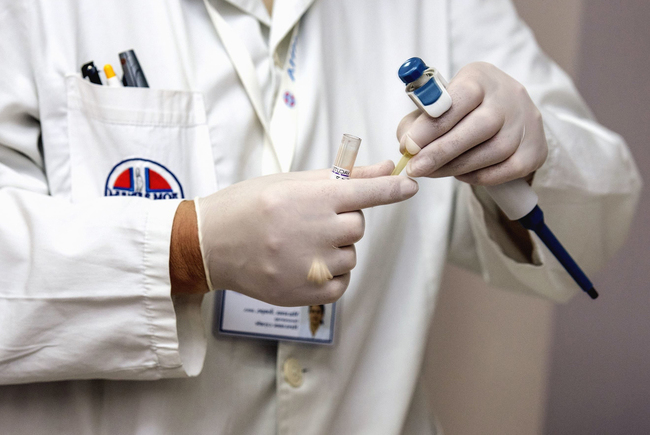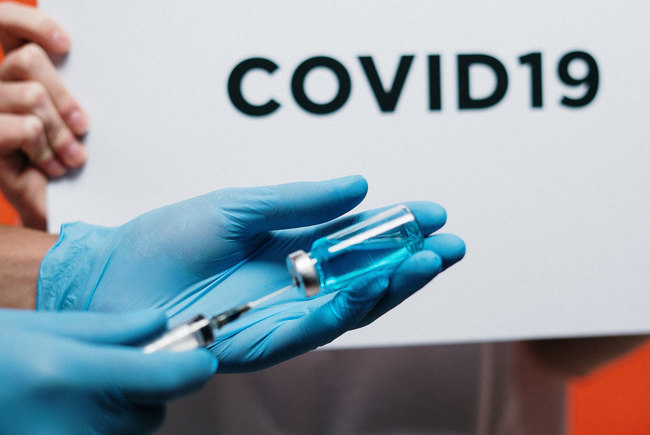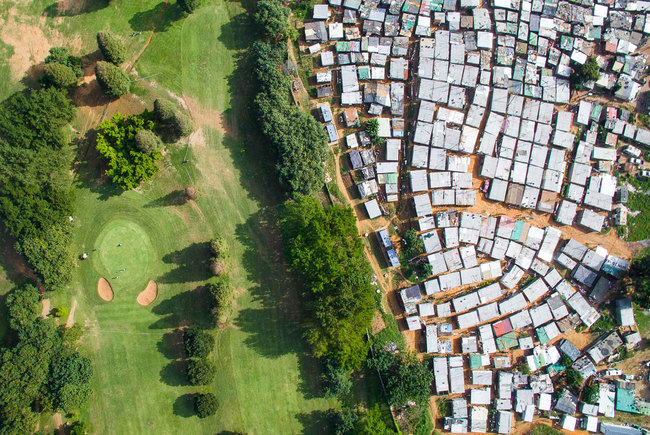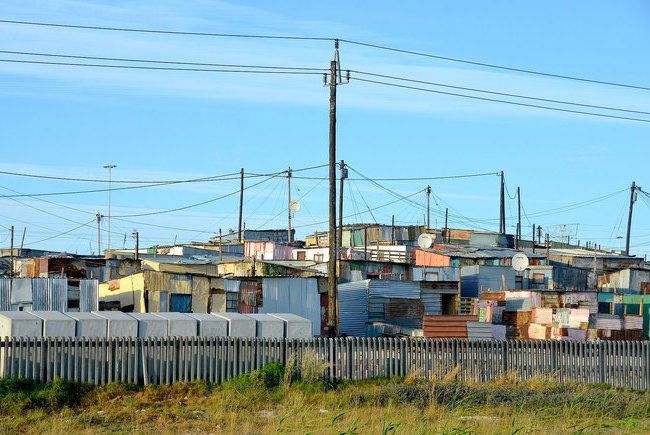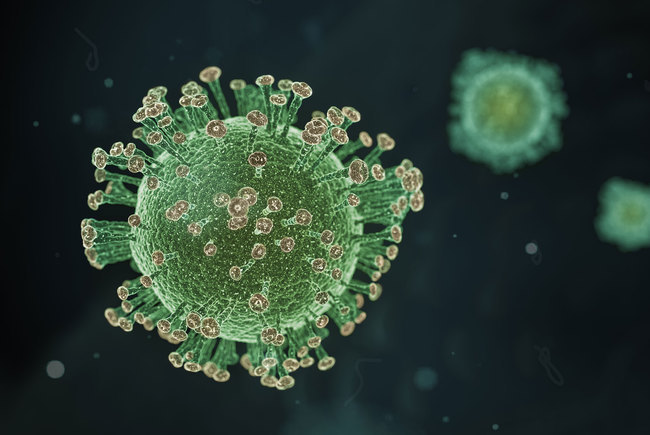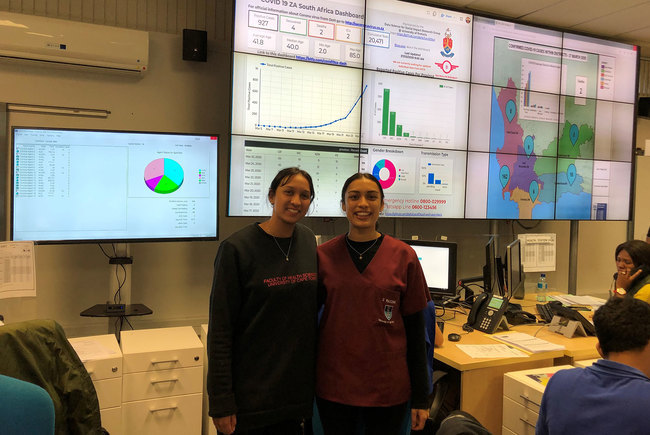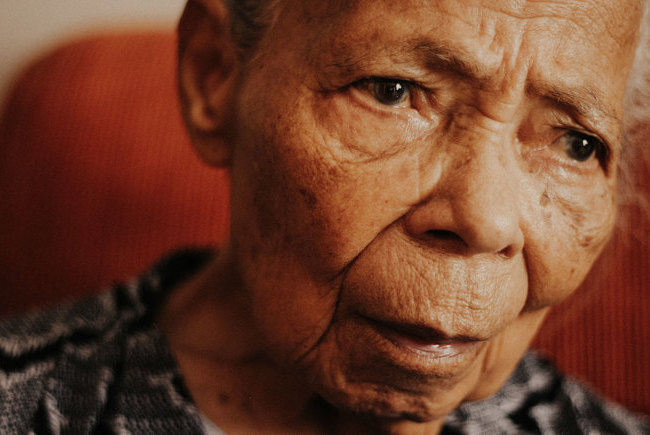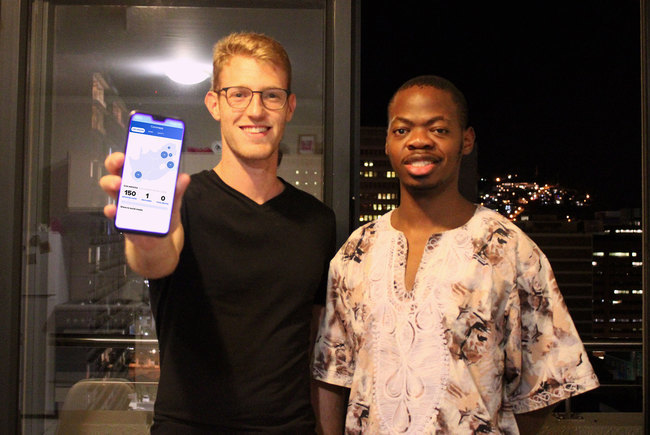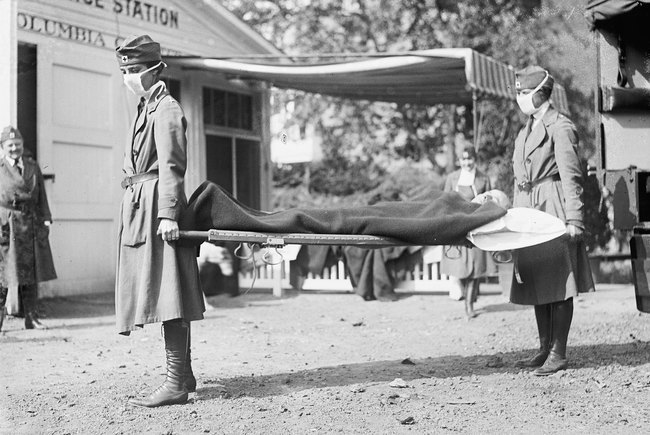COVID-19 in the continent’s children: UK award supports new research
30 October 2020 | Story Nobhongo Gxolo. Photo Big World Cinema on behalf of the Bill and Melinda Gates Foundation and the Drakenstein Child Health Study. Read time 5 min.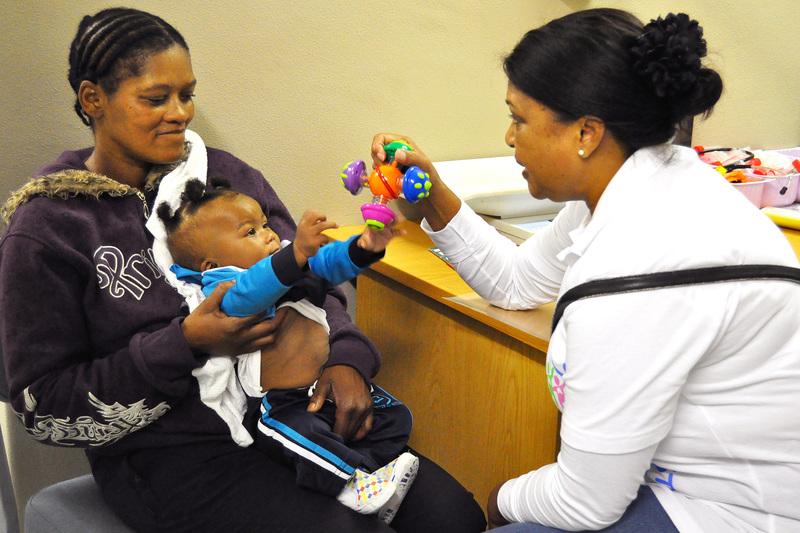
Professor Heather Zar, the chair of the Department of Paediatrics and Child Health and the director of the South African Medical Research Council Unit on Child and Adolescent Health at the University of Cape Town’s (UCT) Faculty of Health Sciences, is spearheading a research project that is one of 12 globally to receive a recent COVID-19 grant.
The National Institute for Health Research / United Kingdom Research and Innovation Global Effort on COVID-19 (NIHR/UKRI GECO) grant is a collaborative funding opportunity. Under Professor Zar as the project leader, the study will offer a unique opportunity to understand the determinants of severe acute respiratory syndrome coronavirus 2 (SARS-CoV-2) infection and coronavirus disease (COVID-19) in children in Africa in a low-middle-income country (LMIC) context. The award will enable Zar and her team to undertake a study titled “Spectrum, determinants and long-term outcome of SARS-CoV-2 infection and disease in African children”.
The reasons children typically develop mild illness or have asymptomatic infection are poorly understood. In LMICs, where children make up a large proportion of the population, risk factors such as malnutrition, HIV exposure, tuberculosis or prior infection with endemic coronaviruses may have an impact on the risk of infection and development of COVID-19.
This project aims to investigate the spectrum of illness in African children, the risk factors for infection or disease, and the immune or inflammatory factors protecting children against SARS-CoV-2 infection or severe COVID-19 disease.
Zar is collaborating with partners at the universities of Western Australia and Southampton in the United Kingdom for this research.
COVID-19 infection in African children
“This funding provides a wonderful opportunity to better understand COVID-19 in African children in an LMIC context,” she said.
This is particularly relevant because of the high burden of pneumonia, which continues to be the major single killer of children under five years of age, due to factors such as malnutrition, smoke exposure and the high burden of infectious disease in these settings.
“Understanding why children are only mildly affected may be key to developing new strategies to prevent or ameliorate illness.”
“However, this hasn’t occurred with COVID-19,” said Zar, who is an affiliate member of the Institute of Infectious Disease and Molecular Medicine (IDM) at UCT. Surprisingly, children in LMICs and globally are predominantly only mildly affected by COVID-19, with relatively few severe cases or deaths occurring in young children. The current project will investigate whether prior infection with other organisms (including seasonal coronaviruses) protects children against severe disease through development of immunity.
“Understanding why children are only mildly affected may be key to developing new strategies to prevent or ameliorate illness,” said Zar.
Drakenstein Child Health Study
Whitney Barnett, the project’s programme manager, said that this funding will offer researchers the additional focus of investigating COVID-19 across different settings, ranging from communities to hospitals. SARS-CoV-2 infection will be investigated in children who are hospitalised with pneumonia as well as in children who are part of the population-based Drakenstein Child Health Study (DCHS), a novel African birth cohort study, which is led by Zar.
The DCHS has comprehensively investigated the early-life determinants of child health, and developmental pathways to health or disease from pregnancy through childhood – so it provides a unique platform to study COVID-19 in children, and the impact of the pandemic on child health.
“It is especially important to be able to do this study here because children make up a high proportion of the population.”
“The DCHS also bridges the intersection of infectious diseases and the emergence of non-communicable diseases,” Zar said.
“It is especially important to be able to do this study here because children make up a high proportion of the population, and risk factors such as malnutrition, pollution, poverty and a high burden of infections may contribute to their vulnerability to developing illness.”
She added that the context of the DCHS offers further understanding of COVID-19-related childhood illness, including the protective or risk factors for infection or disease that have been carefully measured from the antenatal period through childhood, and the role of inflammation.
As a child health specialist in respiratory illness, Zar said that this will inform future research and healthcare approaches and provide “a unique opportunity to generate new knowledge, identify risk factors for illness and develop novel strategies for prevention and treatment”.
 This work is licensed under a Creative Commons Attribution-NoDerivatives 4.0 International License.
This work is licensed under a Creative Commons Attribution-NoDerivatives 4.0 International License.
Please view the republishing articles page for more information.
Coronavirus Disease 2019 updates
COVID-19 is a global pandemic that caused President Cyril Ramaphosa to declare a national disaster in South Africa on 15 March and implement a national lockdown from 26 March.
UCT is taking the threat of infection in our university community extremely seriously, and this page will be updated regularly with the latest COVID-19 information.
Daily updates
Campus communications
Resources
Video messages from the Department of Medicine
Getting credible, evidence-based, accessible information and recommendations relating to COVID-19
The Department of Medicine at the University of Cape Town and Groote Schuur Hospital, are producing educational video material for use on digital platforms and in multiple languages. The information contained in these videos is authenticated and endorsed by the team of experts based in the Department of Medicine. Many of the recommendations are based on current best evidence and are aligned to provincial, national and international guidelines. For more information on UCT’s Department of Medicine, please visit the website.
To watch more videos like these, visit the Department of Medicine’s YouTube channel.
Useful information from UCT
External resources
News and opinions
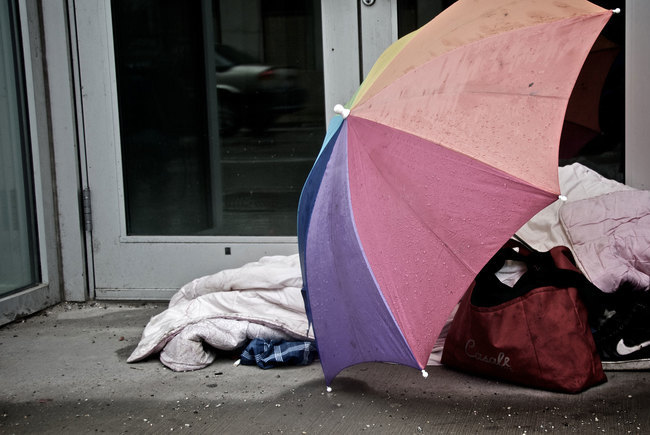
As the COVID-19 crisis drags on and evolves, civil society groups are responding to growing and diversifying needs – just when access to resources is becoming more insecure, writes UCT’s Prof Ralph Hamann.
03 Jul 2020 - 6 min read Republished
The Covid-19 crisis has reinforced the global consequences of fragmented, inadequate and inequitable healthcare systems and the damage caused by hesitant and poorly communicated responses.
24 Jun 2020 - >10 min read Opinion
Our scientists must not practise in isolation, but be encouraged to be creative and increase our knowledge of the needs of developing economies, write Professor Mamokgethi Phakeng, vice-chancellor of UCT, and Professor Thokozani Majozi from the University of the Witwatersrand.
09 Jun 2020 - 6 min read Republished
South Africa has been recognised globally for its success in flattening the curve, which came as a result of President Ramaphosa responding quickly to the crisis, writes Prof Alan Hirsch.
28 Apr 2020 - 6 min read RepublishedStatements and media releases
Media releases
Read more
Statements from Government
In an email to the UCT community, Vice-Chancellor Professor Mamokgethi Phakeng said:
“COVID-19, caused by the virus SARS-CoV-2, is a rapidly changing epidemic. [...] Information [...] will be updated as and when new information becomes available.”
We are continuing to monitor the situation and we will be updating the UCT community regularly – as and when there are further updates. If you are concerned or need more information, students can contact the Student Wellness Service on 021 650 5620 or 021 650 1271 (after hours), while staff can contact 021 650 5685.








